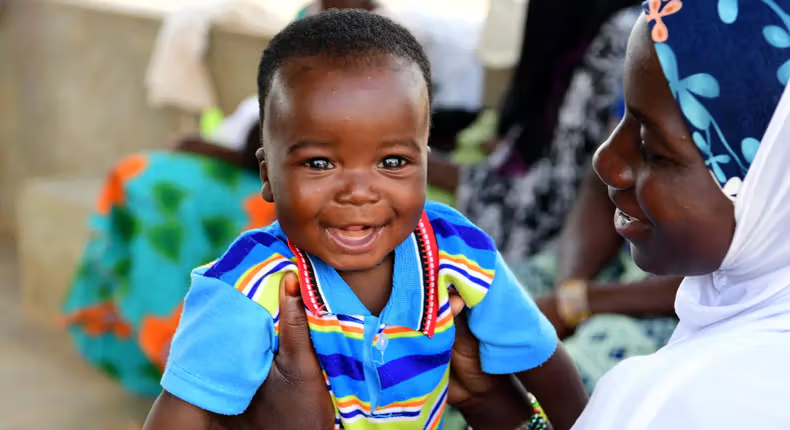The United Nations Children’s Fund (UNICEF) has raised a significant alarm regarding the immunization status of children in Nigeria, revealing that nearly 2.3 million children have not received routine immunization, placing them at risk for polio outbreaks. This information was disclosed by Dr. Nuzhat Rafique, the Chief of the UNICEF Bauchi Field Office, during an awareness road walk in Bauchi to mark World Polio Day.
Key Points from Dr. Rafique’s Statement:
- Immunization Gap in Nigeria:
- The staggering number of unvaccinated children in Nigeria poses a serious threat, with about 22,000 children in Bauchi State alone lacking routine immunization.
- Long-term Support for Polio Initiatives:
- For over two decades, UNICEF has been actively involved in supporting polio eradication efforts in Bauchi State, which include Immunization Plus Days campaigns and other outbreak response initiatives. This year, UNICEF has funded three state-wide polio outbreak response campaigns and targeted local responses in four Local Government Areas (LGAs).
- Encouraging Successes and Ongoing Challenges:
- Bauchi State has not reported any wild polio virus cases since 2013, a commendable achievement. However, the state still faces challenges with the variant form of the virus. Dr. Rafique emphasized that outbreaks of circulating vaccine-derived poliovirus remain a concern.
- Consequences of Incomplete Vaccination:
- The UNICEF representative highlighted that polio can lead to severe consequences, including child mortality and physical disabilities. She stressed that the eradication of polio is possible if stakeholders remain committed to vaccination efforts.
- Decline in Global Immunization Rates:
- The global decline in childhood immunization coverage has resulted in rising outbreaks, even in nations that have been polio-free for decades. Dr. Rafique pointed out that while the battle against polio is challenging, particularly in difficult environments, it remains attainable.
- UNICEF’s Role in Vaccine Delivery:
- UNICEF is a major player in global vaccine delivery, distributing over one billion doses of polio vaccines each year, the largest portion of global vaccine distributions.
- Call to Action for Government and Communities:
- Dr. Rafique urged all levels of government to prioritize vaccination for all children, especially in hard-to-reach areas and communities with low immunization rates. She emphasized the need to keep polio eradication at the forefront of political discussions and to adopt innovative solutions to enhance the quality of immunization campaigns.
- Engagement with Local Leaders:
- The UNICEF chief called on the Bauchi Emirate Council to assist in mobilizing parents and caregivers, encouraging them to ensure their children receive vaccinations and addressing any non-compliance issues during and after vaccination campaigns.
Conclusion
The urgent need for routine immunization in Nigeria, particularly against polio, cannot be overstated. With millions of children at risk, collaborative efforts among government, health organizations, and community leaders are essential to ensure that every child receives the necessary vaccinations to protect against this debilitating disease.

